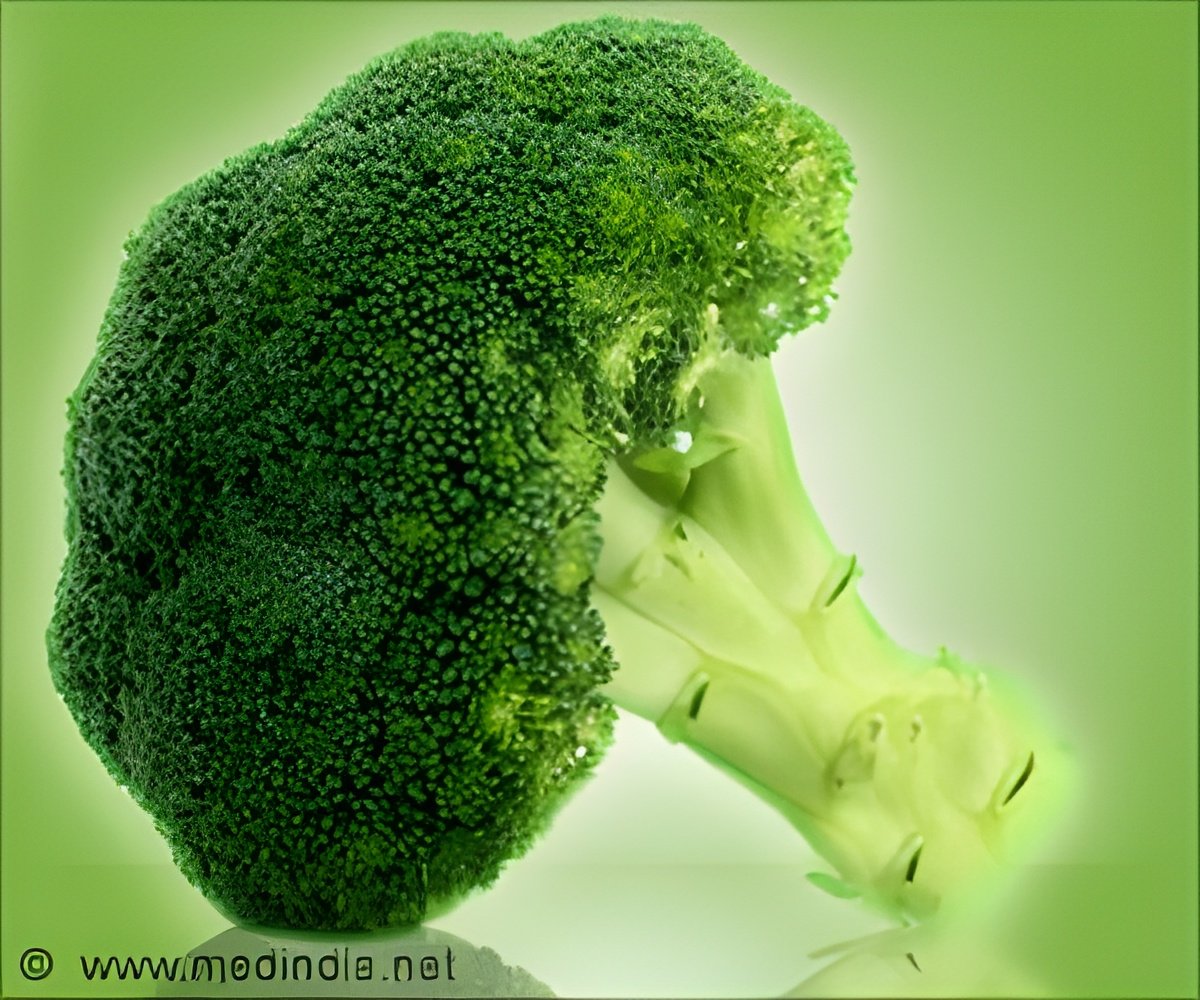
‘Frequent eating of bitter foods changes the constellation of salivary proteins, thus modulating the sense of taste. So train yourself.’
Read More..Tweet it Now
But give that broccoli a chance.Read More..
Doing so won't just change your mind; it will actually change the taste of those foods, according to a new University at Buffalo study.
What sounds at first like a culinary parlor trick is actually a scientific matter based on specific proteins found in saliva. These proteins affect the sense of taste, and diet composition, at least in part, determines those proteins.
Saliva is a complex fluid containing around 1,000 specific proteins. Identifying all the players is a work in progress, but everything we eat is dissolved in saliva before it interacts with taste receptor cells and all these proteins are candidates for influencing stimuli before food is tasted. "What you eat creates the signature in your salivary proteome, and those proteins modulate your sense of taste," says Ann-Marie Torregrossa, an assistant professor in UB's Department of Psychology and the associate director of the university's Center for Ingestive Behavior Research, a comprehensive research home for studying eating and drinking behavior, obesity and other factors contributing to the daily decisions people make related to food and fluid intake.
"We've shown in previous work with rats that changing your diet changes what proteins are in your saliva. Now we're showing that the proteins in your saliva change how you taste." The findings, published in the journal Chemical Senses, have applications ranging from the obesity crisis to medical compliance. "If we can convince people to try broccoli, greens and bitter foods, they should know that with repeated exposure, they'll taste better once they regulate these proteins," says Torregrossa.
Advertisement
"Our data doesn't provide a number, such as 12 servings of broccoli, however, for people who avoid these foods because of their bitterness, but would like to include them in their diet, they should know their taste will eventually change." Bitterness is also a near-universal characteristic of many pediatric medicines, and getting infants to swallow a bitter liquid -- which by nature they want to reject -- can be a challenge.
Advertisement
Think of this in an evolutionary context.
Bitter foods, for foragers, can serve as a sign of danger, but it's an unreliable predictor. Why look for another food source if there's something safe and abundant at hand? "Instead of having the cognitive load of learning that a food is safe and having to maintain that memory, instead you know that eventually this bitter food will taste good," says Torregrossa. "It's an elegant physiological shift allowing you to put these foods into your diet."
For the study, Torregrossa trained to rats to choose from one of two water bottles after tasting a solution, to indicate whether it tasted bitter. Animal research in this case allows for tighter dietary control and the variation of specific proteins can be monitored in a way that's difficult to achieve with human participants.
"This is interesting because we're not asking, 'Do you like this?' we're looking only at 'Can you taste this as bitter?'" she says. "Animals with these bitter-induced salivary proteins turned on cannot taste the bitterness at higher concentrations than animals who do not have the same protein activated. "Once these proteins are on board the bitter tastes like water. It's gone." Torregrossa's work is an intriguing tactic in the obesity fight which sees many battles focusing on over-consumption of high-fat and high-sugar foods. "The variation around sweets is very small," she says. "Nearly everyone likes a cupcake, but the variation around liking broccoli is enormous.
"This research helps explain why that variation with bitter food exists and how we can get more people to eat broccoli instead of cupcakes."
Source-Eurekalert












